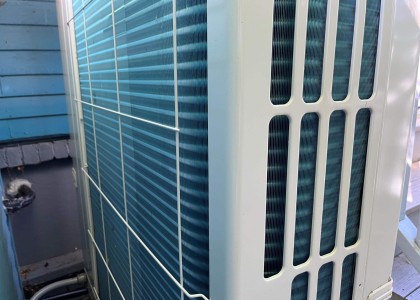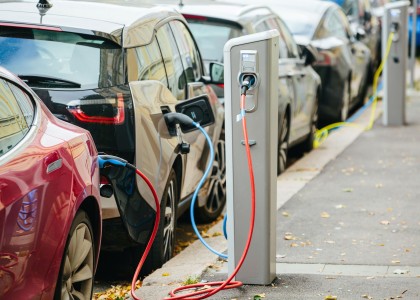To remain competitive in the global energy economy and meet domestic net-zero greenhouse gas emissions goals, U.S. industry will need to quickly adopt low- to zero-emission equipment. Industrial heat pumps (IHPs) are a highly efficient and scalable technology with proven performance for low-temperature processes; this technology is quickly advancing to reach higher temperatures and capacities. IHPs also provide numerous co-benefits such as process modularity, reduced pollutants, future proofing, cost savings, and enhanced product quality. Replacing all fossil fuel boilers with IHPs and other electrified technologies will be necessary to reach net-zero industry by 2050.
However, based on the current capabilities of IHPs, a continuous rate of improvement, and the assumption that boilers are not replaced before end-of-life, we found that many industrial facilities are on track to still be using fossil fuel-burning boilers in 2050—even with boiler lifetimes as short as 10–15 years.
Therefore, supportive policies and programs are critical to expand the capabilities of IHPs and other innovative electric technologies and rapidly scale replacements before boiler end-of-life. This brief presents near-, mid-, and long-term solutions that include renewables, storage, and hydrogen as well as recommendations for policymakers at every level, agency decision makers, utilities and regulators, vendors and equipment manufacturers, and (most importantly) industrial managers.





